Last night we had our second budget discussion, part of the process which will ultimately lead to an adopted budget for the 2012/2013 and 2013/2014 fiscal years (the City’s fiscal year runs from July 1st to June 30th). If you’re ever interested in getting a quick overview of what every part of the City staff does, this is can be a great introduction. While the next detailed overview won’t be until Spring 2014 — because the City has gone back to a two year budgeting cycle — you can watch last night’s meeting on the web. It’ll be available shortly at http://www.epackets.net/mtgviewer.aspx?meetid=1533&doctype=AGENDA.
Several things stood out in last night’s budget review.
The process would be quicker — or, better yet, more focused on substantive issues — if we took a different approach to the “small stuff”. For example, we spent about 15 minutes on staff’s proposal to re-institute an annual thank you reception/dinner for our volunteer leaders and commissioners. I understand one person’s triviality is another’s vital public interest. But 15 minutes on $4,000 when the total budget is close to $40,000,000? At that rate it’d take us 2,500 hours — more than a working year — to go through everything. Not counting time for eating and sleeping.
I’m not suggesting we ignore small things. Just control them differently. We should grant discretion to the City Manager to decide what’s appropriate and what’s not at this level…and then evaluate his overall decision-making. If she starts getting the small things wrong, we intervene, train, and/or hire a new City Manager. Doing the City Manager’s job — by second-guessing him on the small stuff — isn’t a good use of our time.
We also spent a fair bit of time discussing funding for the Healthy Cities tutoring program. This long-running effort, which hooks up volunteers and elementary students needing help with school work, is a nice thing for our community (the money goes to pay for a couple of positions who do the matchmaking, and run the program). But I’ve always thought it was an odd duck on the City’s roster, because while it is a community-builder, it’s essentially an educational program. Most people would think it odd if the San Carlos School District started doing street repairs. Having the City play a lead role in an educational program, as has been the case for many years, doesn’t make much sense, either. If we want to help local education — I know I do! — why not ask the District what they think would be the best way to spend money?
We did have several valuable discussions. As a result of decisions made some years ago, and the dissolution of South County Fire, the City has a roughly $60 million pension obligation. Before you panic, a good portion of that amount is being funded every year by employee contributions. But some isn’t, and will have to be covered out of City revenues. Getting a handle on how much is covered is something I’ve been working with staff to learn. It’s complicated by the fact that PERS — California’s Public Employee Retirement System — doesn’t make the information needed to answer those kinds of questions readily available.
I’m sure, unfortunately, that the unfunded portion is pretty significant. Frankly, I expect it to be too big to be absorbed through cost-cutting. The required level of cuts would make San Carlos a decidedly unattractive place to live.
That leaves only one realistic option: pay it off through growth, coupled to tight spending controls.
The one piece of good news is that the bill isn’t due tomorrow. Or even in the next couple of years. That gives us a chance to create the kind of growth we ‘ll need. But we have to start figuring out how to do that ASAP. It won’t be easy, particularly when virtually every other community in California is going to do the same thing. But the fact we were forced to cut spending sooner than many of our neighbors may give us a bit of a head start. Where they may still have to go through fiscal rationalization, we can start rebuilding. If we start in earnest now.
I went through this thinking with my colleagues when we discussed restoring some economic development spending that was lost when redevelopment agencies were eliminated. In fact, I proposed augmenting staff’s proposed increase. That idea didn’t go anywhere, unfortunately. But there was a general sense we need to get moving on economic development. Matt Grocott did share his concern about the City’s poor economic development track record. I don’t know if that’s the case, but as I said last night it doesn’t matter. We need to do this, and if we’ve done a poor job in the past we need to learn from our mistakes. Quickly.
Another important discussion centered around the new San Carlos Fire Department. I’ve written several times about how we may have to deal with higher than expected, or desirable, turnover due to our new compensation structure. While reiterating it’s still too early to tell if that’s a problem, Chief Skinner cautioned us about the possibility, and other unexpected challenges he’s encountering establishing the department. The unexpected must be expected when you’re doing something no one has done before — which we are — and I’m confident we can handle whatever comes up. But it sounds like we’ll have some issues to deal with, so I asked staff to define contingency plans for fire-related issues when they put together the final budget proposal.
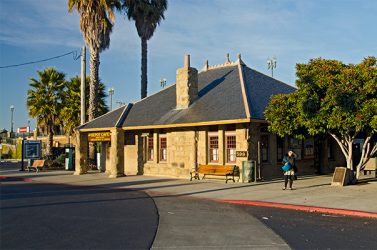

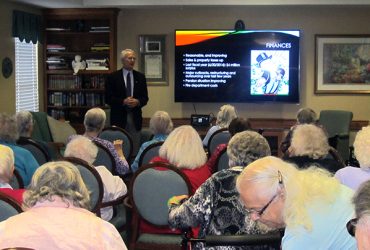

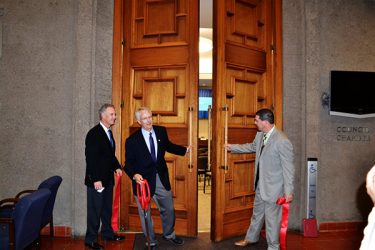

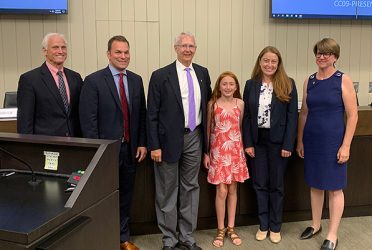

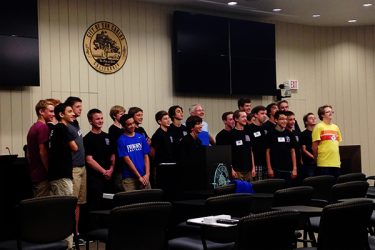













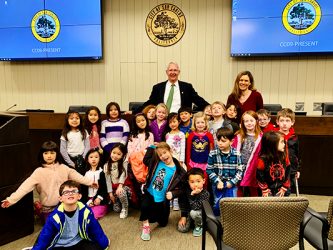
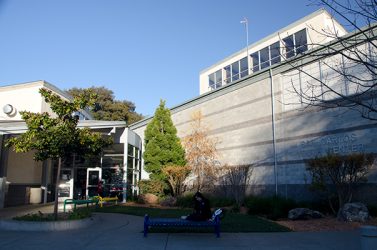


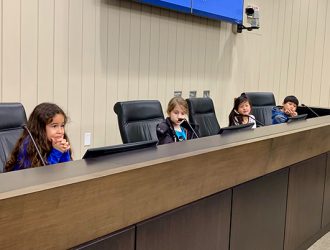


1 thought on “Budget-o-Rama”
“We should grant discretion to the City Manager to decide what’s appropriate and what’s not at this level…and then evaluate his overall decision-making. If she starts getting the small things wrong, we intervene, train, and/or hire a new City Manager. Doing the City Manager’s job — by second-guessing him on the small stuff — isn’t a good use of our time.”
While I enjoyed the full article, that paragraph in particular is my favorite. Especially with committee-run organizations, boards can tend to fall into a bad habit of reviewing every single detail rather than review overall objectives and progress towards reaching the goals. I agree that people hired for specific roles should be entrusted with the responsibility of handling his/her job duties appropriately. A full meeting with the whole organization does not need to happen to discuss day-to-day issues.